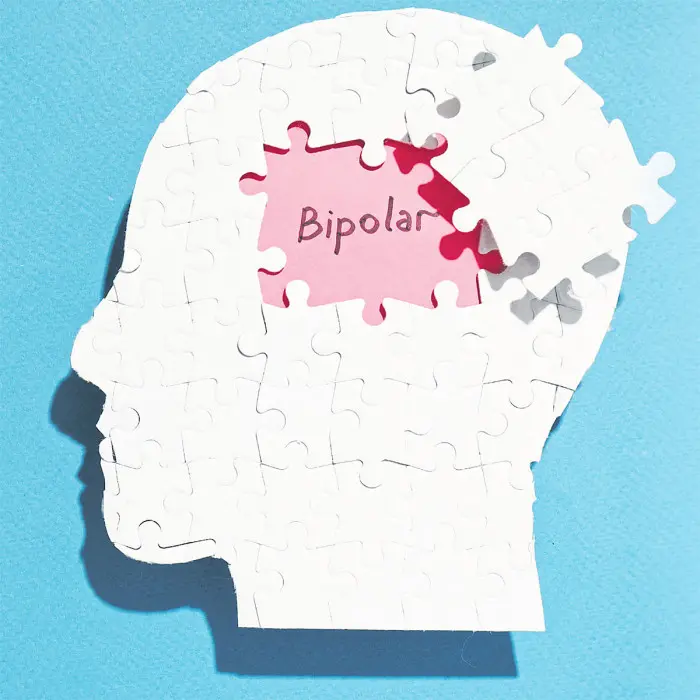
Dear Doctors: My 22-year-old son is severely bipolar, which impacts his life terribly. I have kept up with the studies that have shown success in treating bipolar with a faecal transplant. Do you know of any open studies right now that might take my son? We would travel anywhere to get it done.
Dear Reader: Bipolar disorder is a mental health condition that is marked by extreme swings in mood, energy, thoughts and behaviours. These repeated shifts from intense elation to crushing depression can disrupt sleep, impede judgement and interfere with the ability to think clearly. As with many conditions that affect mental health, bipolar disorder exists on a spectrum. That means each case is unique, and symptoms vary in severity, frequency and presentation. But even in its milder forms, bipolar disorder can significantly impair quality of life.
It is common for the first indications of bipolar disorder to emerge in late adolescence and early adulthood. Diagnosis includes a mental health assessment, medical history and physical exam. Once diagnosed, treatment typically combines medications, such as mood stabilisers and perhaps antidepressants, with individual, group or family-focused psychotherapy. Due to the unpleasant side effects of some of the medications, treatment can be challenging.
The cause of bipolar disorder is not yet clearly understood. Previous research has suggested links to a mix of heredity, mental health and environmental factors. More recently, though, growing awareness of a connection between the gut microbiome and the brain is leading researchers in an intriguing new direction.
This connection, known as the gut-brain axis, is a bidirectional communication system between the trillions of microbes in the gut and the brain. An imbalance in the gut microbiome has been found to contribute to inflammation, immune system dysfunction and the production of harmful metabolites.
This imbalance, known as gut dysbiosis, has been linked to a range of neurodegenerative diseases. These include Alzheimer's disease, multiple sclerosis, Parkinson's disease and amyotrophic lateral sclerosis, or ALS.
As you have pointed out, there is evidence that gut dysbiosis may play a role in bipolar disorder as well. It is not suggested that gut dysbiosis is the sole cause of these diseases. However, some researchers believe modulating the gut microbiome may have therapeutic benefits. This may be done through diet, the use of specific prebiotics and probiotics, and faecal transplants.
This is when a person's colon is infused with a solution containing faecal matter from a healthy donor. A few small studies have reported success in lessening the symptoms of severe bipolar disorder through fecal transplants.
We searched at clinicaltrials.gov, the United States National Institutes of Health's clinical trials database. At this time, there do not appear to be any new or ongoing investigations into the use of fecal transplants to manage bipolar disorder. However, several bipolar studies are exploring probiotics. You may find it useful to browse all of the studies listed on the site associated with bipolar disorder. Even if none are right for your son, they are an excellent way to keep abreast of new directions in research. Universal Features Syndicate
Dr Eve Glazier is an internist and professor of medicine at UCLA Health Sciences. She hosts the Medically Speaking podcast for UCLA Health. Dr Elizabeth Ko is an internist and assistant professor of medicine at UCLA Health.
